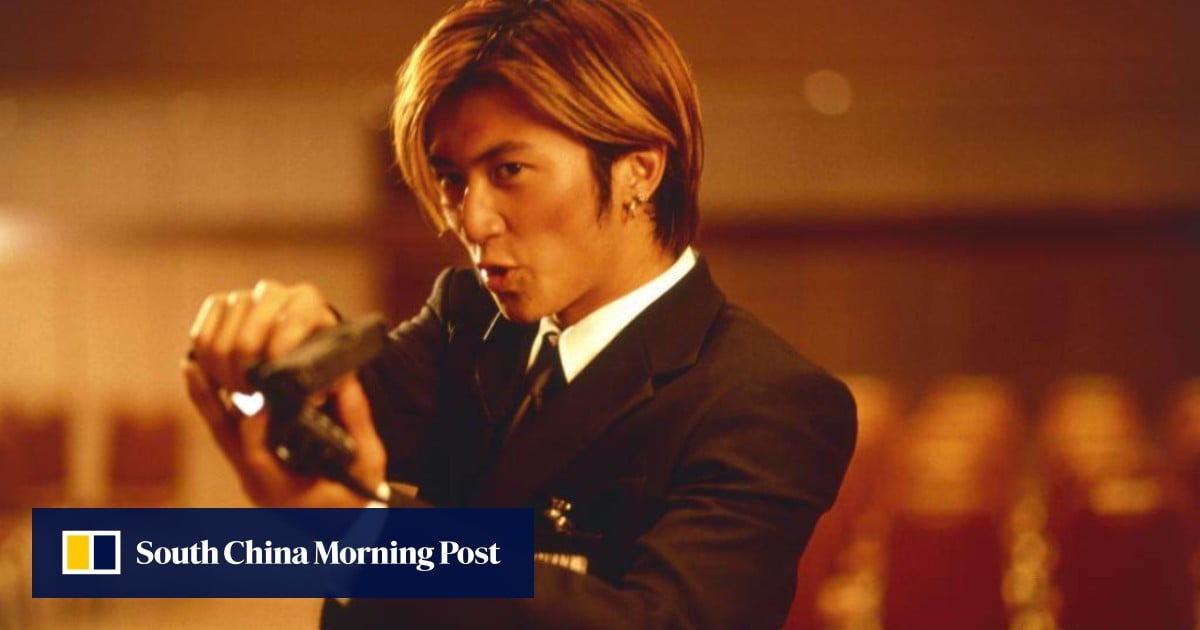More than ‘vases’: the complex roles women have in Stanley Kwan’s films
More than ‘vases’: the complex roles women have in Stanley Kwan’s films
The effects in most of these films are passable, but the filmmakers skimped on the scripts, and the results are mediocre at best.
The action, too, is generally sub-par and graceless – few of the new performers knew martial arts, and none were experienced in stunt work. Good packaging and clever marketing campaigns helped their success at the Hong Kong box office.
What prompted the change? Filmmakers were beset with a slew of problems in the late 1990s.
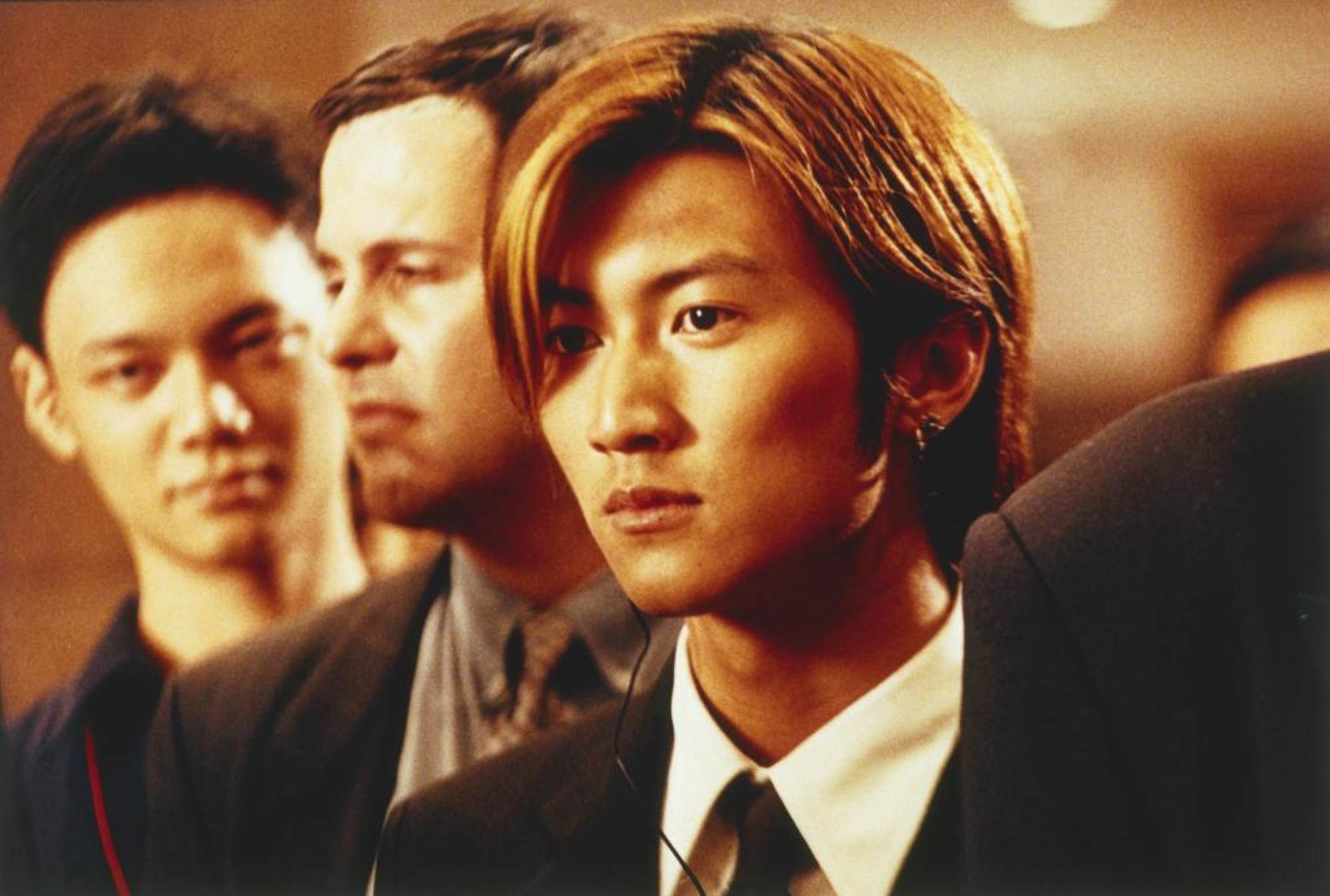
Hong Kong films took more money in total on a yearly basis than foreign films during the 1980s and early 1990s. But after the success of Jurassic Park in 1993, Hollywood films took a greater share of the yearly box office than local movies.
To make matters worse, the Asian financial crisis meant that regional investment in Hong Kong films had all but dried up. Hong Kong is a small market, and filmmakers relied on advances from Asian distributors to finance their films and make them profitable. That source of income had disappeared.
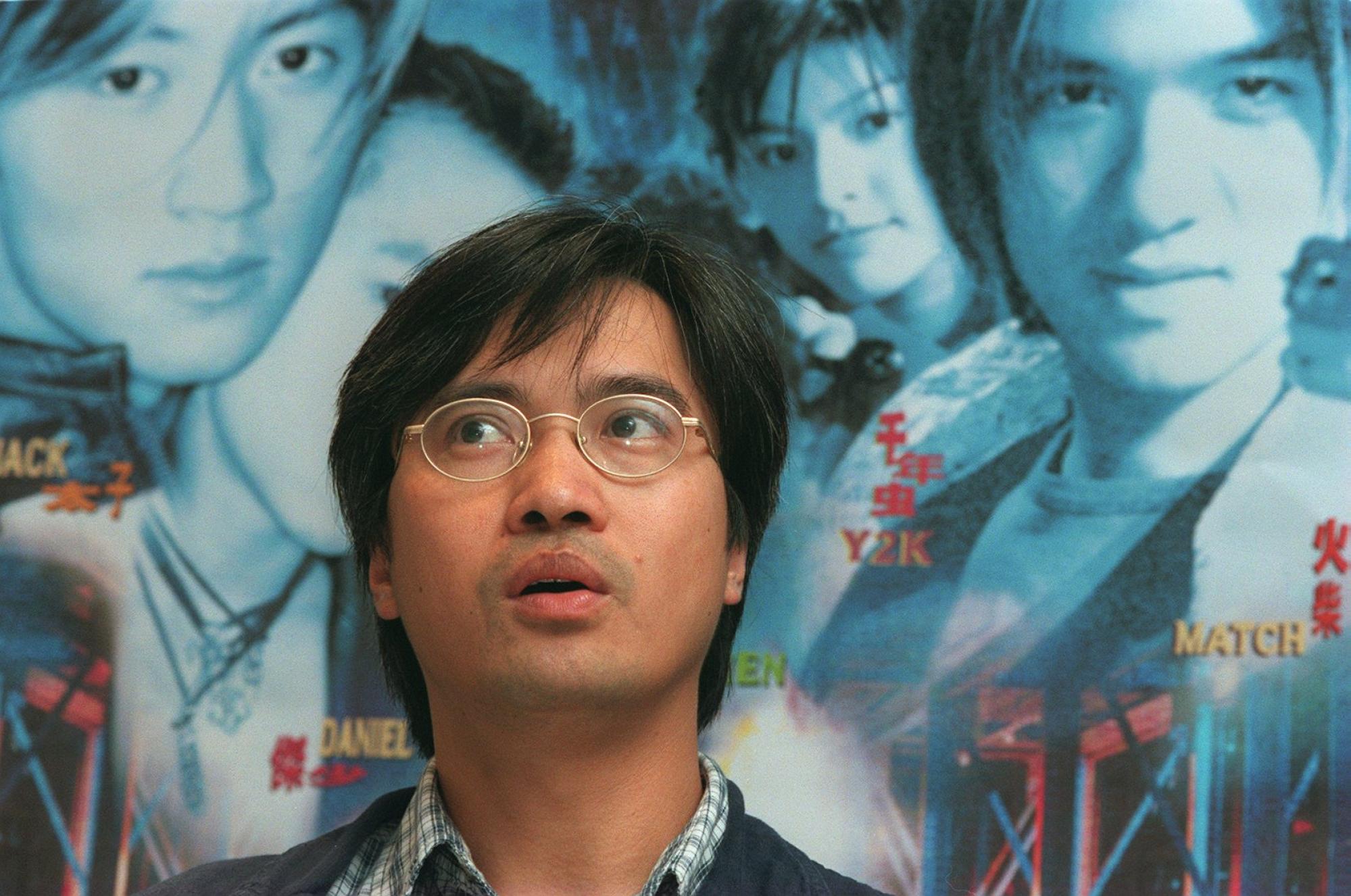
“We are really losing our competitive power as film producers at home and overseas,” producer/director Gordon Chan told this journalist in 1998. “Less and less people are going to see Hong Kong films. I really hope that our industry can survive.”
Hong Kong’s filmmakers were an innovative and adaptive group, and they didn’t simply give up. Much frantic talk inside the industry quickly led to some new approaches.
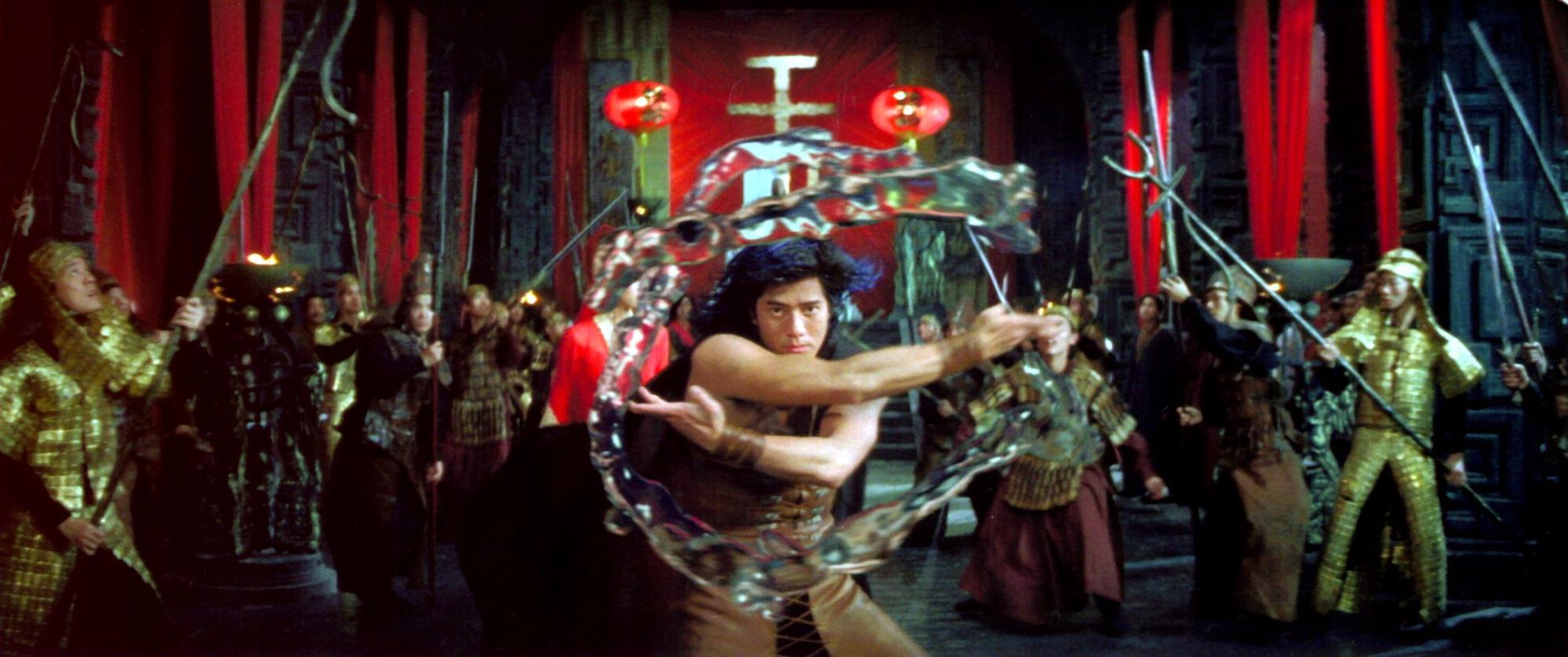
Suddenly, effects turned up in everything. That meant a lot of explosions in films like Gen-X Cops, which blew up the Hong Kong Convention and Exhibition Centre at the end – albeit a scale model of it.
“You have to experiment with computer effects,” Benny Chan told the Hong Kong International Film Festival. “Special effects are a part of cinema, and if we don’t experiment, we’ll fall behind.”
Budgets began to accommodate the need for effects. Hong Kong now had its own classy effects house in the form of Centro Digital Pictures – which was founded to make The Storm Riders – and if producers couldn’t afford that, they would outsource the work to smaller effects houses abroad.
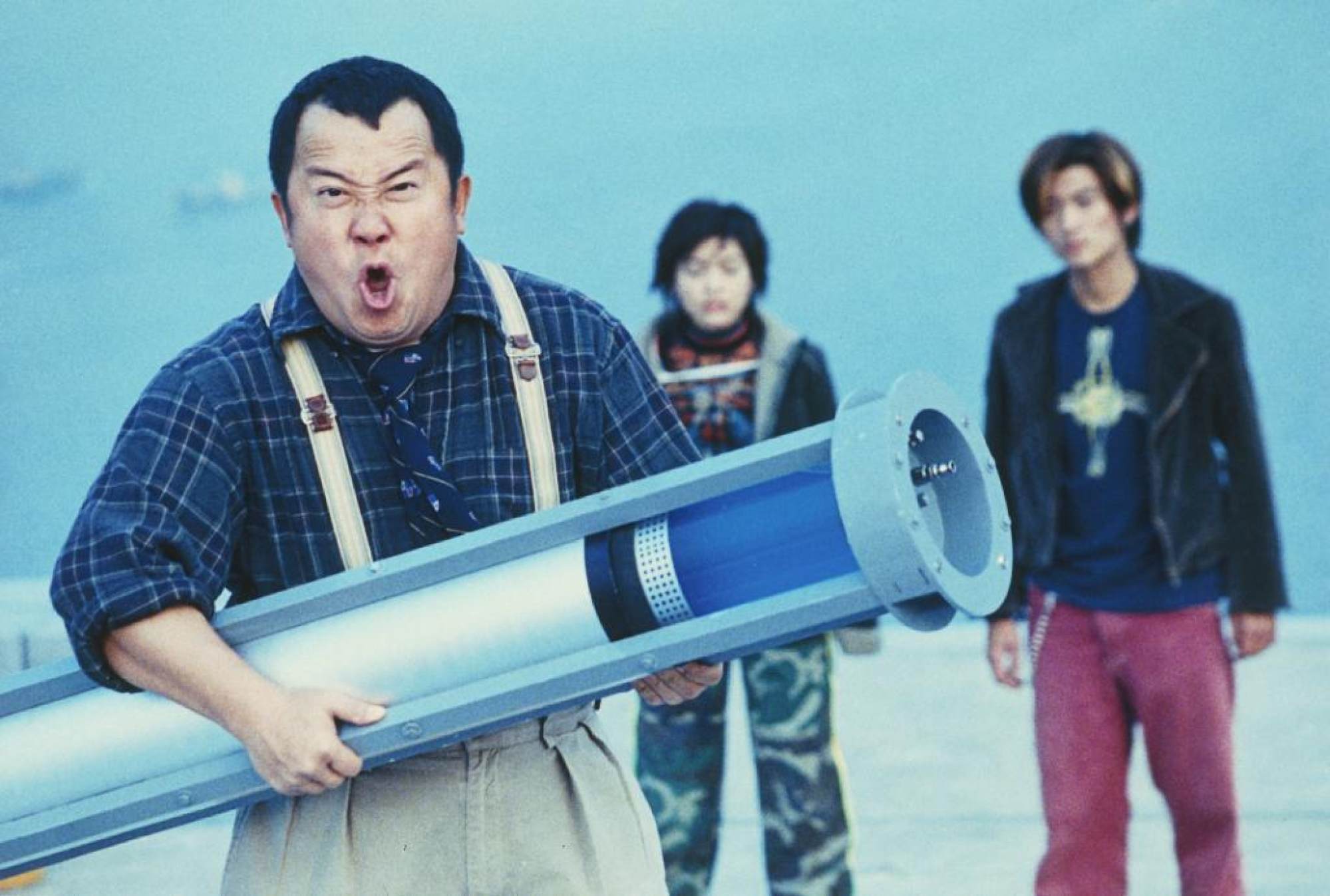
Media Asia, producer of Gen-X Cops, went all the way for the destruction of the exhibition centre, hiring a Hollywood team who built the model of the building on a Warner Brothers backlot in California.
“If you are going to do special effects, you need to do them well,” then-Media Asia head Thomas Chung said at the time. “You need the best technicians, so go to Hollywood.”
Everything became about doing something new with action films. “The problem with our films is that people think the old formula of two people engaging in hand-to-hand combat still works,” Benny Chan told the Post. “But that isn’t new any more.”
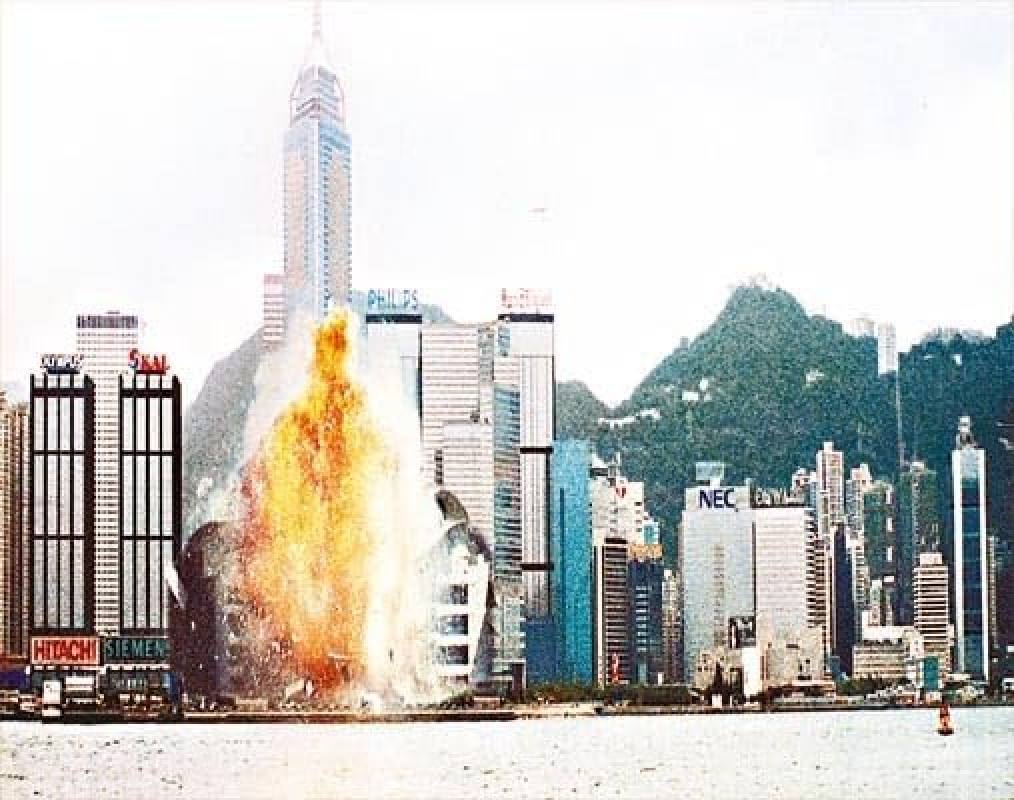
“People are used to seeing Hollywood action now, and I don’t want them to feel that Hong Kong action is no big deal. I want them to feel that Hong Kong action is outstanding.”
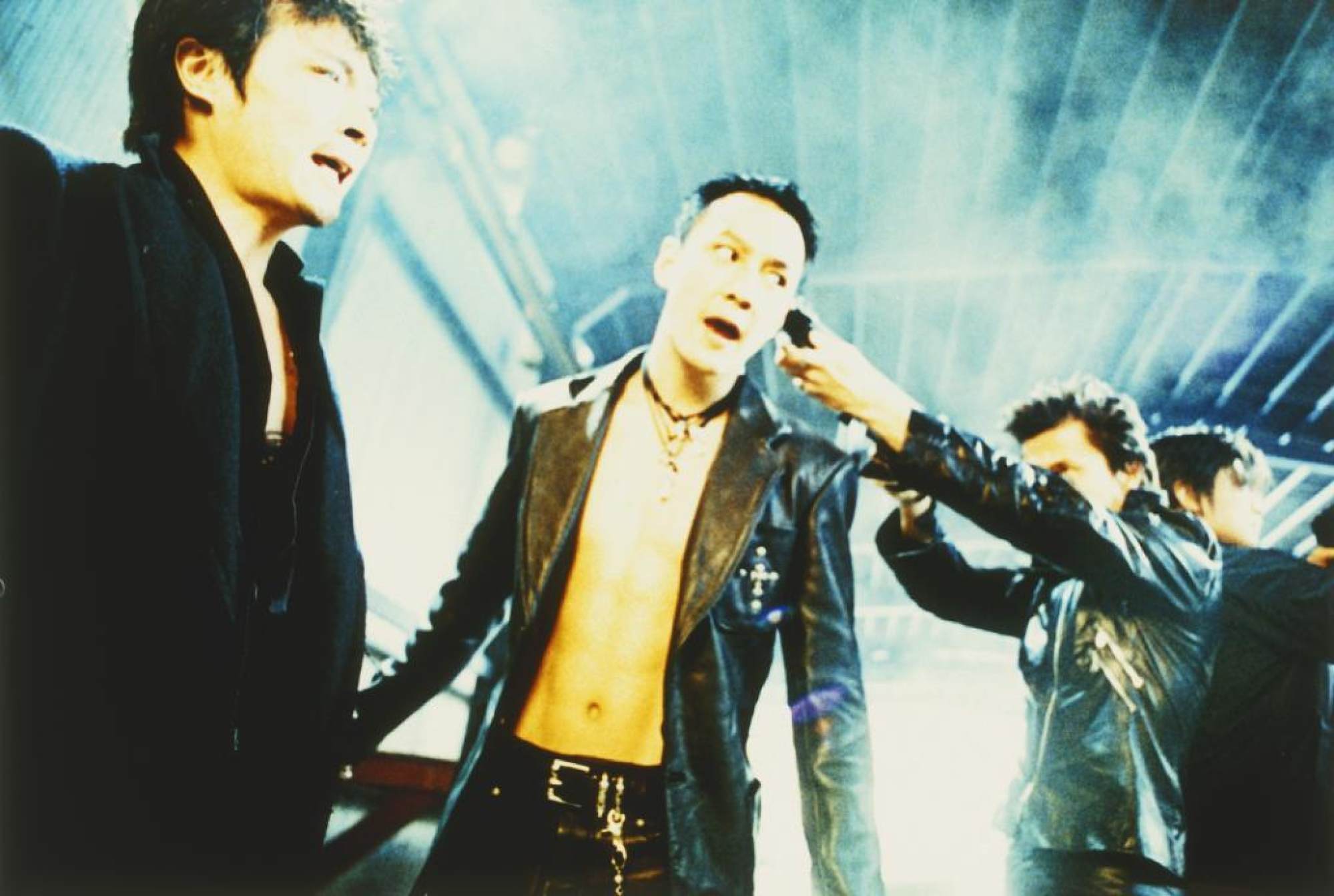
In a 1999 article on Gen-X Cops, the Post summarised the Generation X attitude as “Do whatever you like, never mind how people see you, just go your own way.”
How Andy Lau’s gangster falls for an innocent girl in A Moment of Romance
How Andy Lau’s gangster falls for an innocent girl in A Moment of Romance
Lee appeared alongside Fung and Tse in Gen-X Cops. “I think we are like Generation X as we live day to day, and don’t plan much ahead,” Fung said.
Using younger actors did have its problems, Benny Chan noted. “I threw two really big tantrums on set, because the actors liked to play around before the action scenes.
“Before a big stunt, they should focus their concentration and think about how to minimise the danger. Experienced actors like Andy Lau and Jackie Chan know how to take precautions.
“The key to working with this young group is to give them stunts that are not too dangerous, and have been tested by their stunt doubles.”
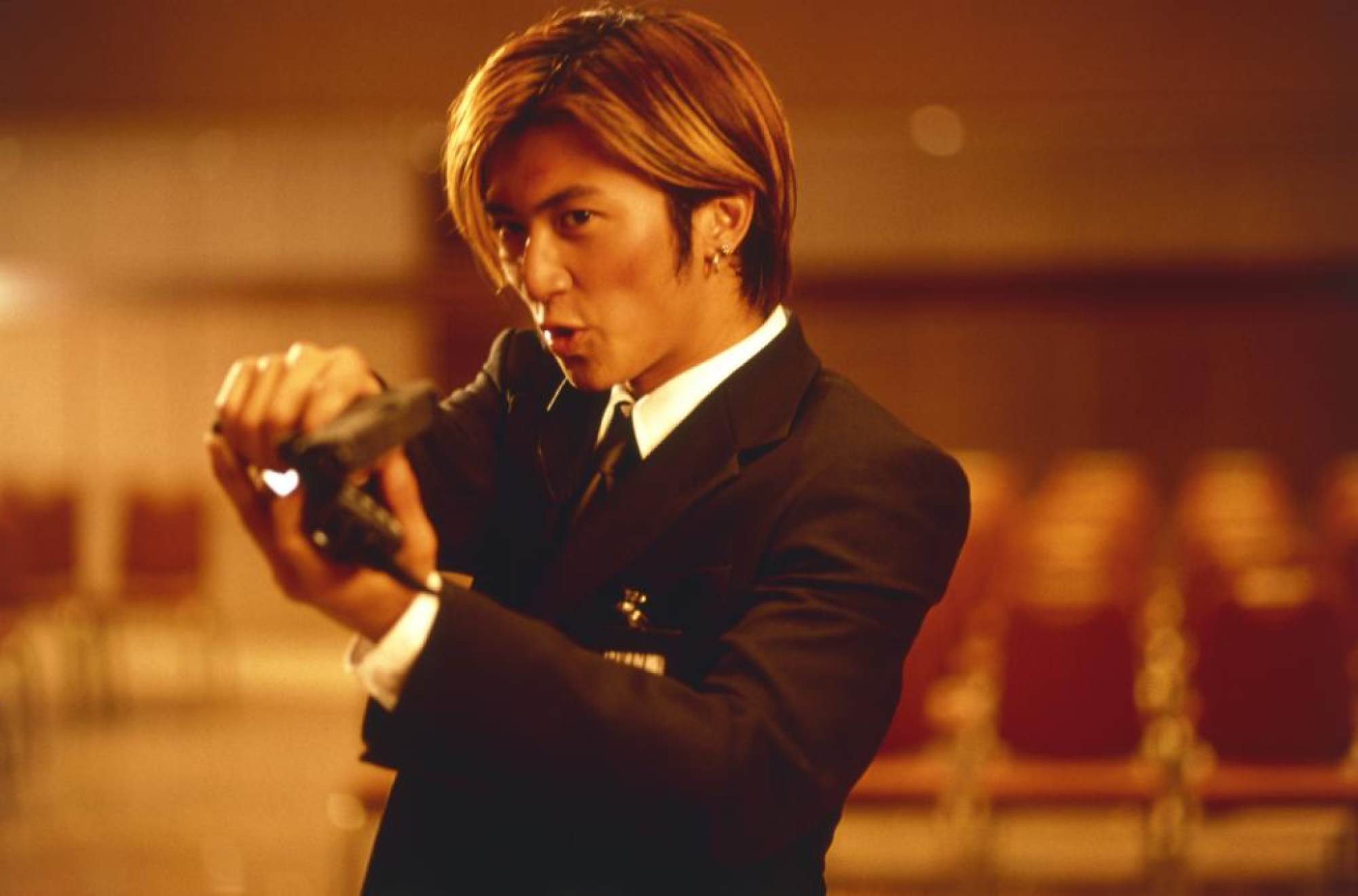
Tellingly, Tse injured himself badly on the set of Gen-X Cops when a suspension wire broke and slammed him into a ledge. He ended up in hospital. “I really wanted to pass out and die,” he told the Post. “I couldn’t take the pain.”
Although they have not aged well, young audiences enjoyed Gen-X Cops and other films of its ilk, and they did give Hong Kong cinema a shot in the arm.
In this regular feature series on the best of Hong Kong cinema, we examine the legacy of classic films, re-evaluate the careers of its greatest stars, and revisit some of the lesser-known aspects of the beloved industry.

